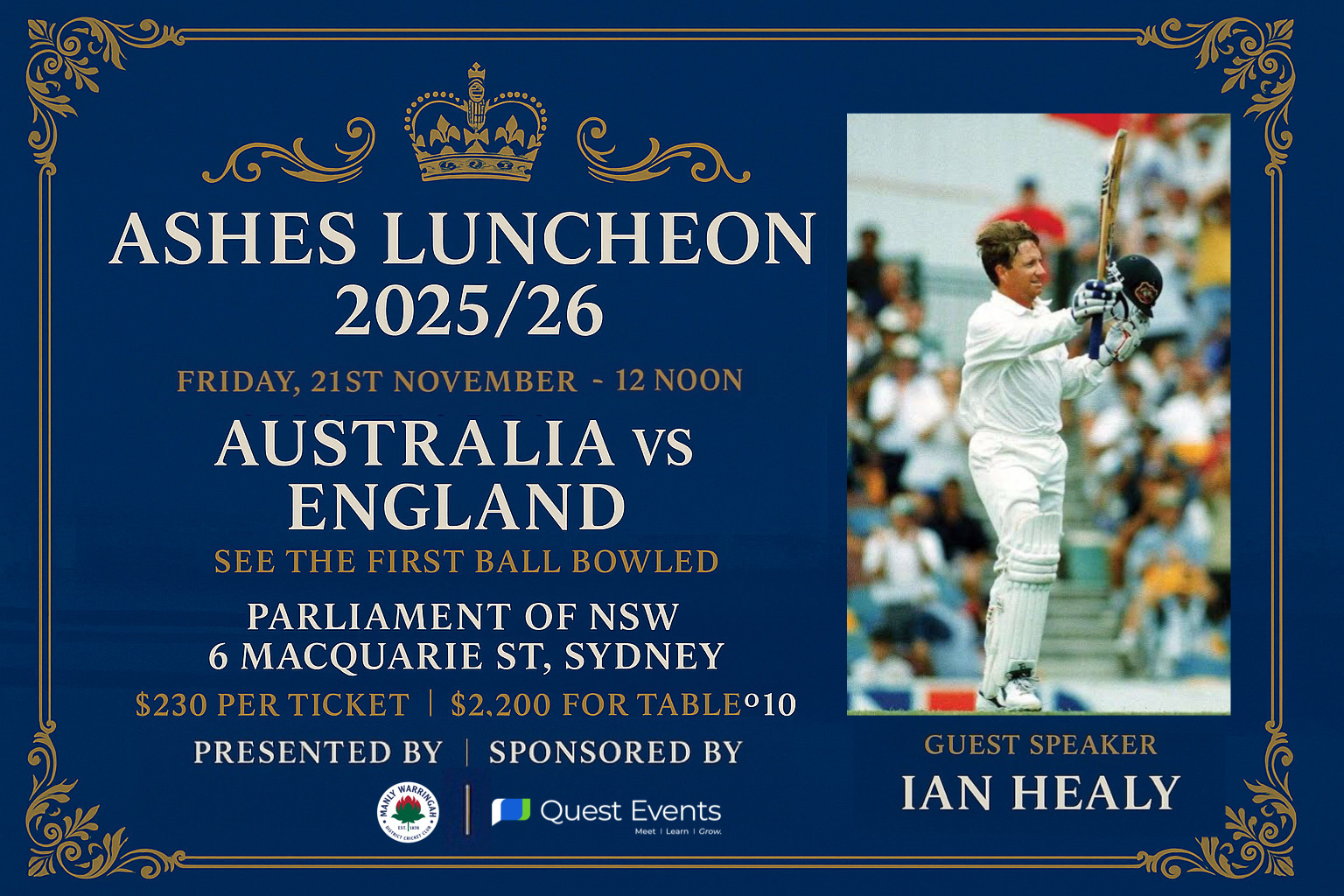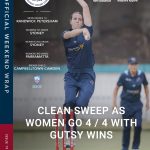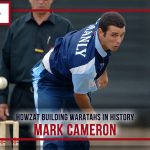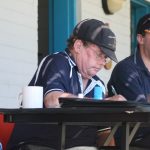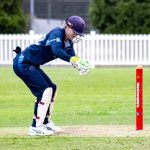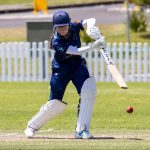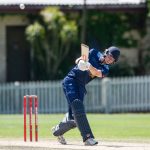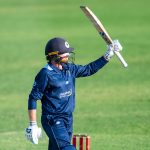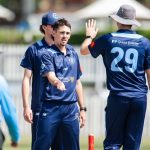A note from local sporting newspaper “The Referee” after a match against University in November 1910 sums him up perfectly:
In 1915, Lowe enlisted in the army, along with 75 other club members. He served in various European theatres of war for four years. During September, 1918, he was badly wounded in operations in Northern France, and taken to Dartford Hospital in England suffering from spinal injuries, from which he was given no hope of recovery. Partially recovering, however, he returned to Australia in 1919 and for three years was a patient at the Prince of Wales Hospital in Randwick.
Realising his physical disabilities to actively participate in sports, Lowe devoted his life to moulding the lives of the youthful citizens of New South Wales in general and of Manly in particular. Along with Les Gwynne and Jim Randall, he set-up the Saturday morning coaching class which lasted until the beginning of the Saturday morning junior competition, and continued as an active coach for the next 30 years. He taught the kids how to play the game, stressing Newbolt’s words “not how you won or lost, but how you played the game.” There was no greater advocate of clean, healthy sport than George Lowe.
An association of almost 75 years with Manly Warringah District Cricket Club came to an end with his passing on the 31st May, 1976. He served his country with great dignity during the War years, but despite witnessing and experiencing its deepest horror, returned to Australia to devote himself to the game and club that he loved. He was player, coach, secretary, delegate to Cricket NSW, President and, at the time of his death, our honoured co-patron.
Our 100 year book, published in 1978, probably best sums the respect that he is held in at Manly….. “his achievements and his record of service will stand proudly while ever the club exists, and it is unlikely that we shall look upon his like again.”

George Lowe, arguably the most influencial person in the history of Manly Cricket



